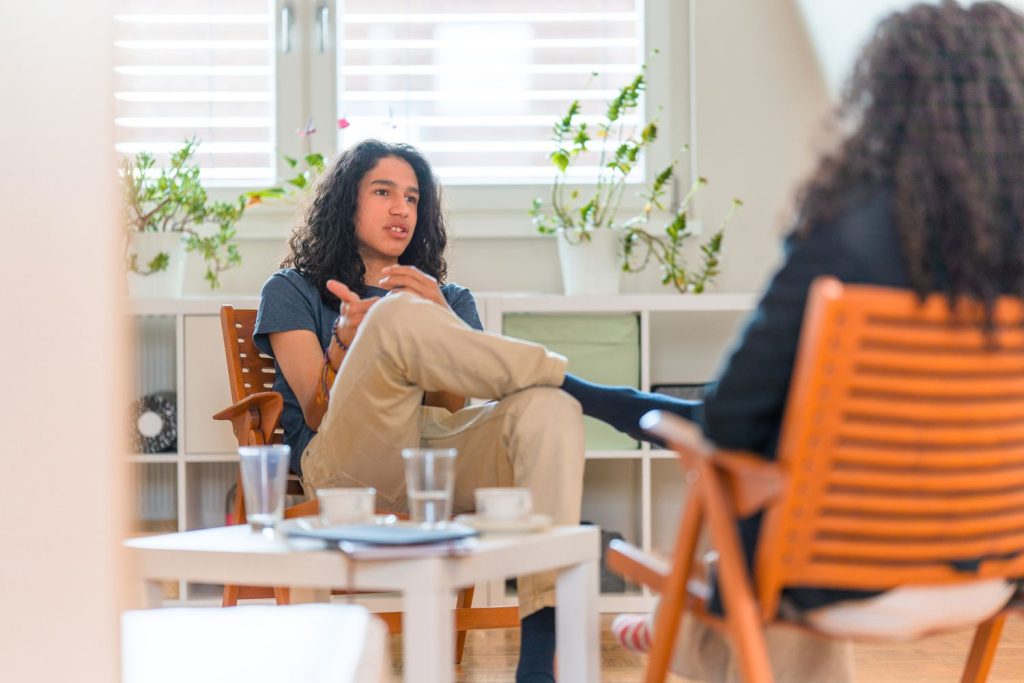The mental health of teenagers has become a pressing concern in recent years, with rates of anxiety and depression continuing to rise due to academic pressures, social expectations, and the impact of social media. Addressing these challenges requires innovative approaches that go beyond traditional methods of treatment. New therapies are emerging that focus on holistic and personalized care, offering hope for young people navigating these difficulties. One notable advancement is the integration of mindfulness and cognitive-behavioral therapy CBT. Mindfulness practices, which encourage present-moment awareness and self-compassion, are proving to be particularly effective in reducing anxiety among teens. When combined with CBT, a therapy designed to help individuals identify and challenge negative thought patterns, these practices create a powerful tool for managing stress and building emotional resilience. Group sessions and guided exercises tailored to teenagers’ unique experiences allow them to feel understood and supported, fostering a sense of belonging and empowerment. Another promising approach is the incorporation of technology in therapeutic interventions.

Apps and online platforms now offer guided meditations, mood tracking, and even virtual therapy sessions, providing teens with accessible mental health resources. Gamified mental health tools are particularly appealing to younger audiences, as they turn self-care activities into engaging challenges. These tools allow help for teens to practice coping skills and build emotional regulation techniques in a format that feels natural and enjoyable. Programs encouraging physical activity, healthy nutrition, and adequate sleep have shown significant benefits in reducing symptoms of depression and anxiety. Exercise, for instance, is known to release endorphins, the body’s natural feel-good chemicals, while consistent sleep schedules help regulate mood and energy levels. By incorporating these elements into treatment plans, therapists can address the physiological factors that contribute to mental health challenges. Art and expressive therapies, such as music, painting, and dance, are increasingly recognized as effective methods for helping teens process emotions. These therapies provide creative outlets for self-expression, allowing young people to explore their feelings without relying solely on verbal communication.
For many, these activities also build self-esteem and foster a sense of accomplishment, counteracting feelings of inadequacy or worthlessness that often accompany depression and anxiety. Therapies focusing on lifestyle changes are also gaining traction. Peer-support programs and group therapy have also emerged as valuable components of treatment. These approaches create safe spaces where teens can share experiences and learn from others facing similar challenges. The sense of community and understanding in these settings reduces feelings of isolation, which is a common barrier to recovery. Group interactions also teach essential interpersonal skills, such as active listening and empathy, further strengthening emotional health. Finally, therapies addressing the root causes of distress are crucial. Trauma-informed care is gaining recognition for its role in treating anxiety and depression among teens who have experienced adverse childhood events. These approaches focus on creating a sense of safety and rebuilding trust, helping young people heal from the past and build a more secure future.